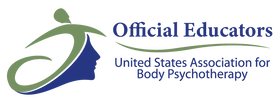|
today I wrote an application for the "The World Arts and Embodiment Forum (WAEF)".
as there was a lot of reflecting on my work envolved, I share my application here: This workshop is a simple Somatic Movement class in which the theory can be directly perceived, embodied, reflected and shared. This workshop will examine the intersection between Buddhist psychology and Somatic Movement Therapy to show its use for self-care and sustainable self-development as well as for Somatic Coaching, Somatic Touch and Healing Dance. This Somatic Movement class will focus on the Somatic Dialogue and its use of the Buddhist concepts of “mind-factors” and the “law of action” for building resilience and preventing burnout. The “mind-factors”, especially the helpful and healing qualities of the mind, are always part of the beginning of the Somatic Dialogue, the questioning part. The “law of action” is the key factor of the answer and the developmental part in the Somatic Dialogue. The questioning and the answering of the Somatic dialogue are furthermore mirrored in the science-based sensory-motor cycle. Working with the somatic dialogue is stabilizing through finding a moveable balance in the body as well as in the mind. This moveable balance is, through its adaptability, more sustainable. Inside of this highly experiential Somatic Movement class there will be a short presentation of the Buddhist concept of mind and its use in the Somatic Dialogue. Buddhist psychology is not only the heart of the Somatic Dialogue, practicing the Somatic Dialogue in different somatic arts, becomes a spiritual practice in itself. This workshop incorporates also sharing circles that blend indigenous circle-culture with highly developed democratic practices. In addition this workshop will give some insight in the technology, that was developed during the covid-19 pandemic to work with somatic teaching & somatic coaching in an online and hybrid way for one-on-one sessions, group education and big trainings. Workshop leader Dieter Rehberg is an innovating pioneer, who, based on his artistic and somatic education and practice, developed his own somatic method: Physio-Mentale Entwicklung (PME). PME has its roots in german expressive dance (rosalia chladek), usa-centered somatics and post-modern dance, buddhist psychology and trauma-informed neurosciences, as well as in cutting-edge approaches of short-time-counseling. The Somatic Dialogue is one of the key-factors of PME. To participate you need:
move perceive your thoughts and feelings reflect share to be seen (camera on) www.somatic-training.com www.pme.or.at https://akademie.pme.or.at/ Bac. Dieter Rehberg, RSMT, is performer, Psychological Counselor (LSB), Somatic Movement Therapist (ISMETA) Dance Educator and Massage Therapist. He is the director of the "Institut und Akademie für Physio-Mentale Entwicklung" and of “The Somatic Training”. Since 20 years he works in his private practice in Vienna/Austria and teaches nationally and internationally.
0 Comments
Dear colleagues!
I am now your Student Voice Leader. I was the the only one, that volunteered, so that is why the student union appointed me to be the Student Voice Leader for the program Master Professional Practice. My duty is now to communicate your whishes, complaints, difficulties and suggestions, in a strictly confidential way, to the university, especial to the program leader Helen Kindred. So what would make your study easier? What would you like to see improved on your course and how? Please let me know! This is how you can communicate with me: email: dieter.rehberg[at]pme.or.at or DR681[at]live.mdx.ac.uk phone or whatsapp: +43 650 5458610 there is also the possiblity to leave your message in complete anonymous way: I set up a online whiteboard where you can write, post and upload anonymously. You get the link for the whiteboard from me or from my post in our student groups. We do have already two online student groups that work very well ( thank you honor!!) One is using whatsApp as plattform, the other is on the plattform rocketChat, which is not censored in china, as we want to include our colleagues in china. In this groups we have already a lot of discussion and mutual help, we do exchange ideas and share solutions. I will send you the invitation links for these groups if you text or email me. With all the information that I gather from you I will meet with the program leader and university staff formally twice a year and also have informal communication with the program leader. So please let me know your concerns! And I do believe, although our difficulties feel very individual and personal, there can be easily help and support on a structual level. all the best Dieter Rehberg while reading about reflection I found this, which made me think:
"Reflection has generally been accommodated into educational and practice organisations from a technical rational perspective with little evidence of its efficacy in terms of better practice or more competent practitioners." Johns, C. (2017) Becoming a Reflective Practitioner. Available at: https://app.kortext.com/read/345297 (Accessed: 15 October 2022). (Johns, 2017) not knowing is the best starting place for learning creating development healing because when you dont know you have to listen in the moment in the here and now to your material to your body to your thinking to your movements change can only happen in the here and now reflection is always on the past or the future change can only happen in the here and now sensation is always in the here and now intuition is making decissions from sensations inventing language by finding poetic words for sensations is a bridge between sensation and reflection between the here and now and past patterns and future ideas +++my peer Lea inspired me to write in a more poetic style, which made it easier to start writing+++ |
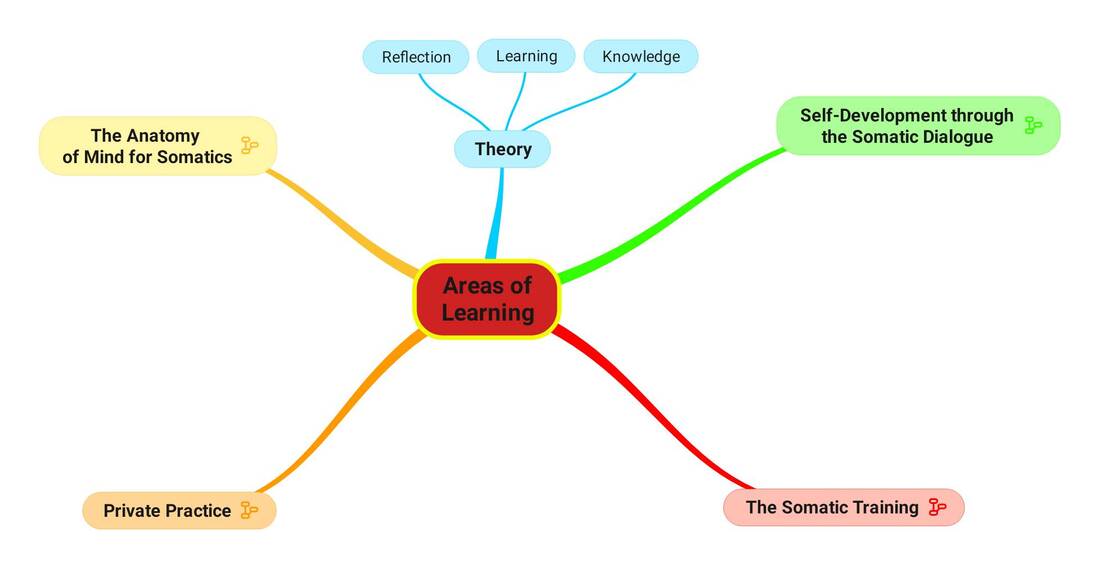
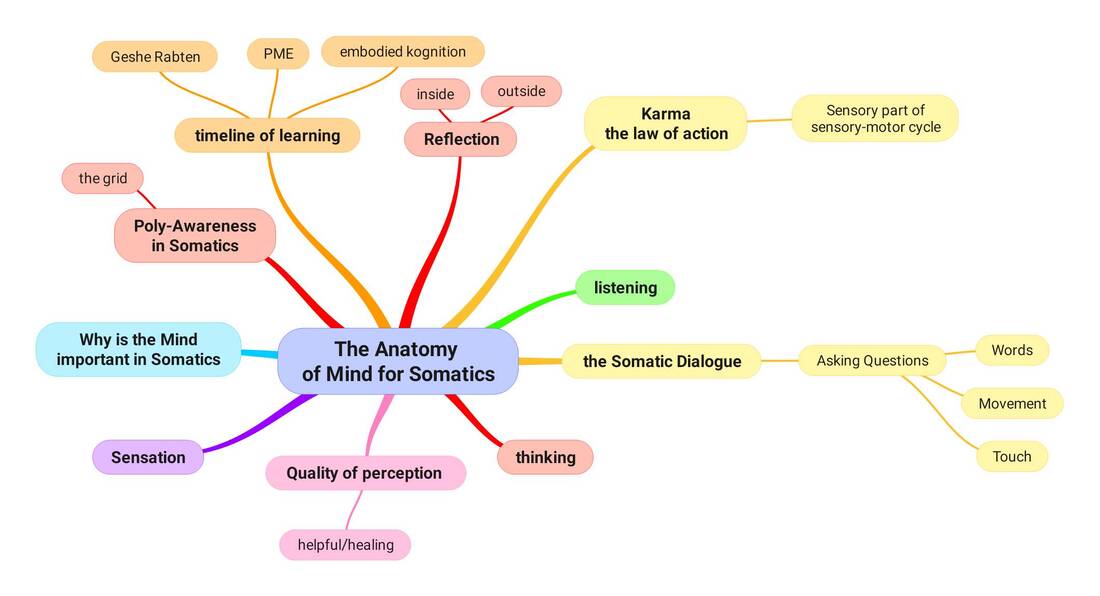
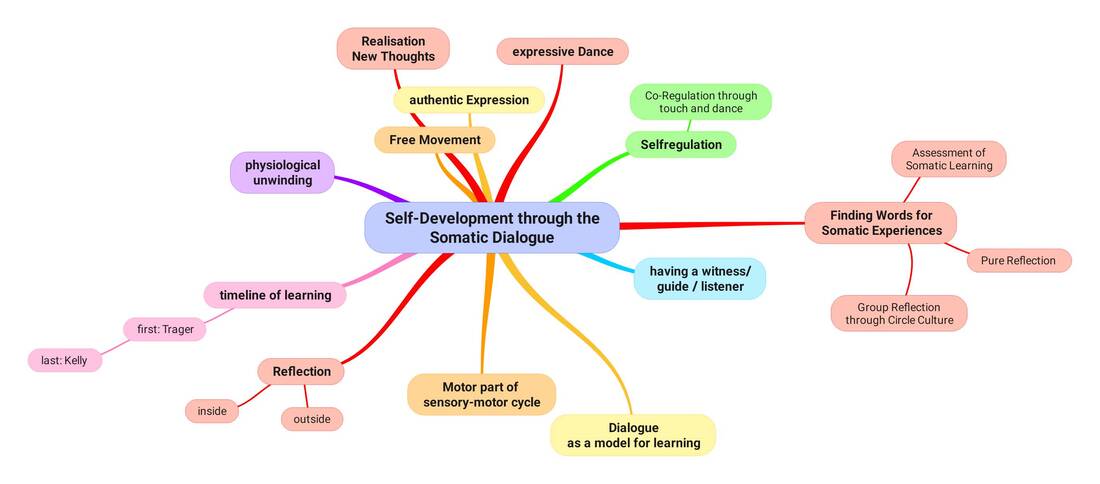
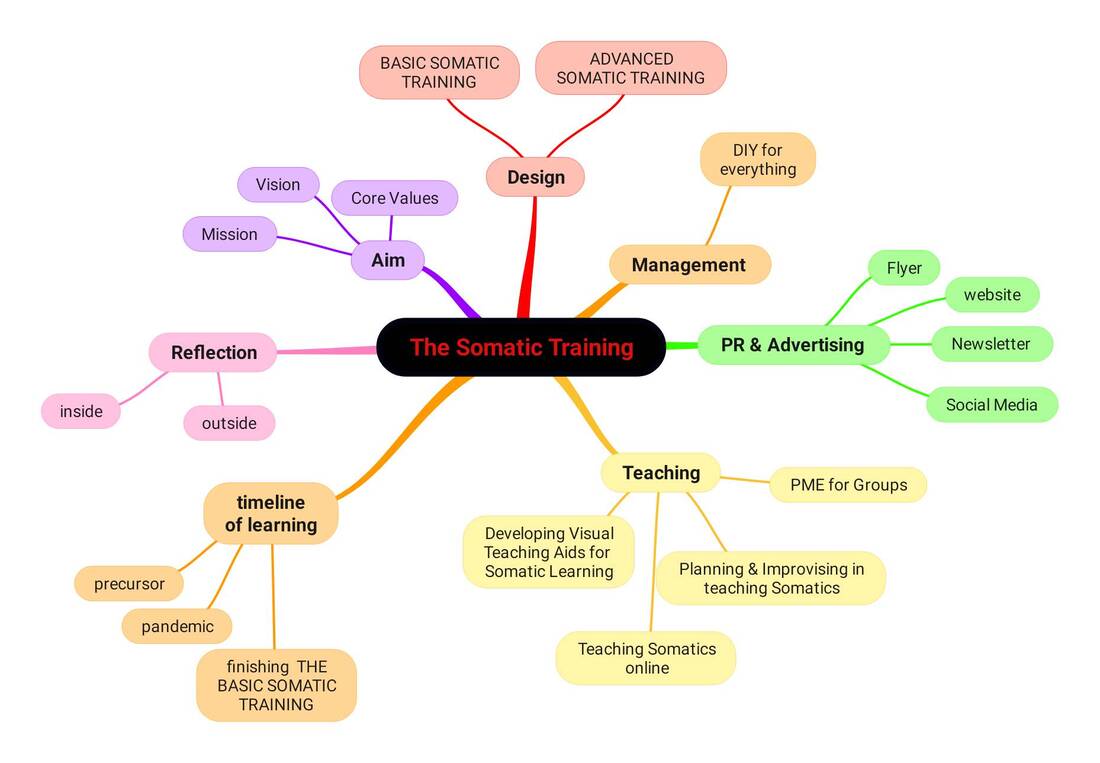
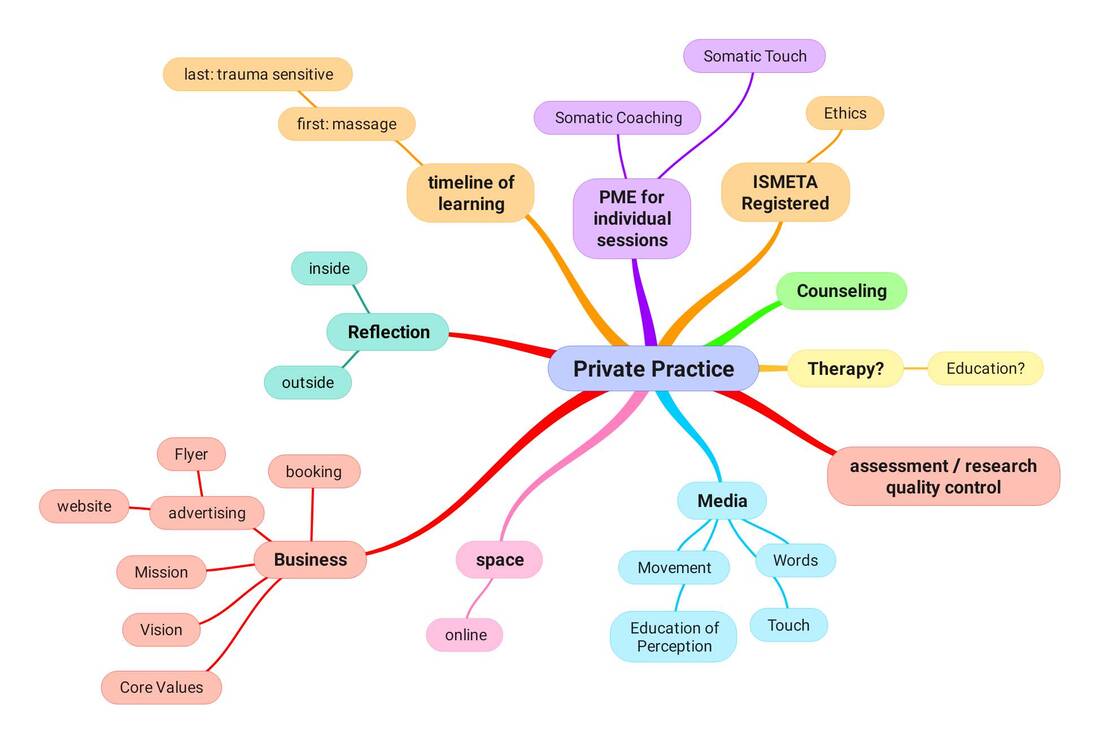
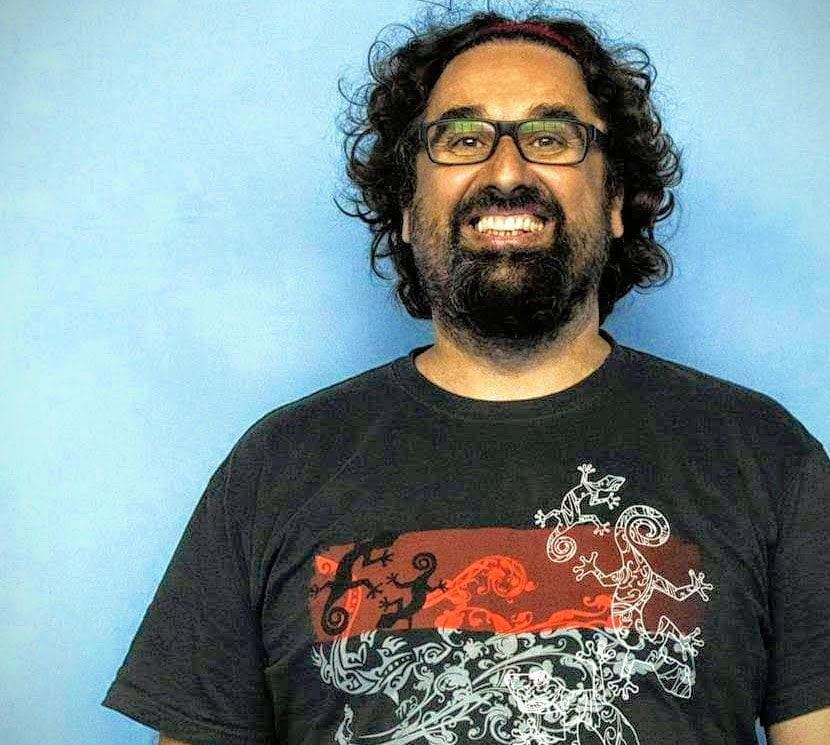
 RSS Feed
RSS Feed

